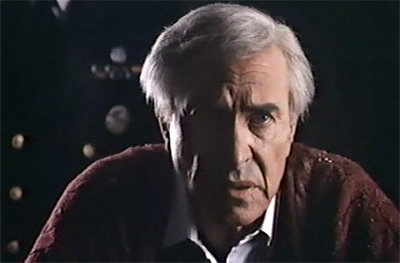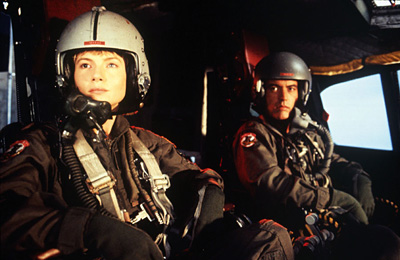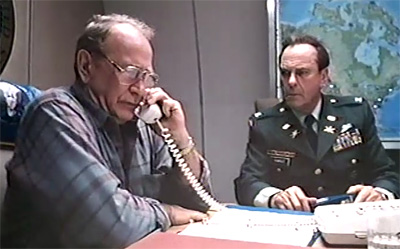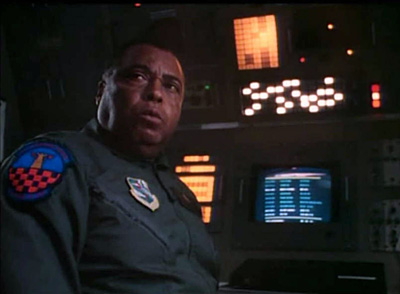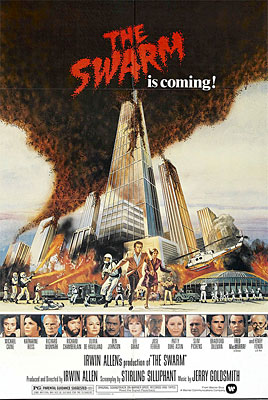Until I watched it again a few weeks back, I don’t think I’d seen the movie Meteor (1979) in 20+ years. From what I remember watching it years ago, Meteor was a decent disaster flick that was a bit slow at times. Watching it again today, I found that Meteor was a decent disaster flick that was actually paced quite well. It’s not the best Earth vs. asteroid movie ever made, but it might be the most interesting one.
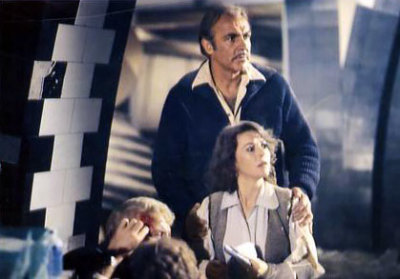 In Meteor, though it’s never spelled out, it seems like the movie’s set in the (then) near future where astronauts and cosmonauts are out separately exploring the solar system far beyond the Earth. On one of these expeditions out on in the asteroid belt astronauts witness a cosmic collision that sends a gigantic meteor on a collision course with the Earth.
In Meteor, though it’s never spelled out, it seems like the movie’s set in the (then) near future where astronauts and cosmonauts are out separately exploring the solar system far beyond the Earth. On one of these expeditions out on in the asteroid belt astronauts witness a cosmic collision that sends a gigantic meteor on a collision course with the Earth.
In just six days our planet is going to be hit, and it’s up to scientist Paul Bradley (Sean Connery) to convince both the US and USSR to use their nuclear arsenals they have aimed at each other to destroy the incoming rock. But there are disagreements, of course, and some in the US military don’t want to be unarmed afterwards against the red bear.
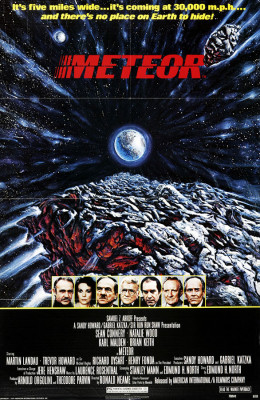 Will Bradley be able to convince the government that being alive is better than being dead but still having all your nukes safe in their silos? Will the Russians cooperate with the US? But, more importantly, Will Bradley and Russian translator Tatiana Donskaya (Natalie Wood) ever cut through the sexual tension to have that first kiss?
Will Bradley be able to convince the government that being alive is better than being dead but still having all your nukes safe in their silos? Will the Russians cooperate with the US? But, more importantly, Will Bradley and Russian translator Tatiana Donskaya (Natalie Wood) ever cut through the sexual tension to have that first kiss?
What I found most interesting about watching Meteor was the idea that in a time of global crisis global enemies the US and the USSR could work together to avert disaster.
The time period Meteor was filmed wasn’t the best time for US and USSR relations. All throughout the 1970s the Cold War had been building and building and the two superpowers were constructing and stockpiling more and more nuclear weapons that were aimed at each other. And all it would take was one little mistake that could mean nuclear Armageddon for all.
But there was also a bit of a thaw in the Cold War in the 1970s too. In 1975 the Apollo–Soyuz Test Project a US capsule docked with a Soviet one in orbit and the two countries ran scientific experiments together — which wouldn’t happen again until the 1990s when astronauts visited the Mir space station. I’m sure that it was in this spirit that Meteor was written.
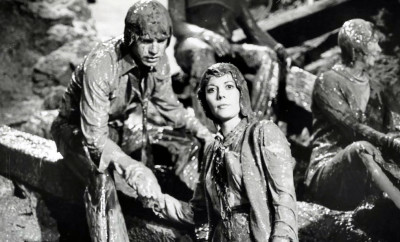
In Meteor, Bradley learns that technology he developed to stop asteroids from colliding with the Earth was developed without his knowledge, except that rather than being pointed outward the system was pointed towards the USSR. And the Soviets had developed their own similar weapons system and aimed it at the US too.
Much of Meteor is spent with Bradley trying to get the Americans, who don’t trust the motives of the Soviets, to work with the Soviets, who don’t trust the motives of the Americans. And Bradley finds an ally in the most unexpected of places; with Soviet Dr. Dubov (Brian Keith) and his translator Donskaya.
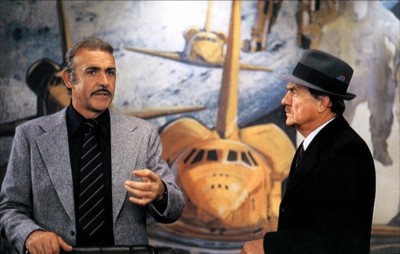
I think it would have been easy to make Dubov the bad guy but instead he actually has the best interests of the planet at heart. If there’s a villain of Meteor, other than, well, the meteor, that would have been General Adlon (Martin Landau) who’s more fearful of the Soviets than any darn space rock and tries to derail the alliance whenever he can.
We do get the standard scenes of disaster in Meteor. Here, there are massive avalanches that takes out a ski resort, a tsunami wiping out Hong Kong and the destruction of New York by a smaller pieces of the rock. While the special effects used in Meteor all have a certain level of charm, the low budget of Meteor shows through in these pieces that only serve to bring the movie down as a whole to modern eyes.
But the central idea of Meteor, that perhaps our massive arsenal of Armageddon weapons might be used to actually avert Armageddon, is actually very interesting and a bit subversive too for the time too. I guess the overall message of Meteor is that nuclear weapons are necessary, if they’re in the right hands. Grade: C+
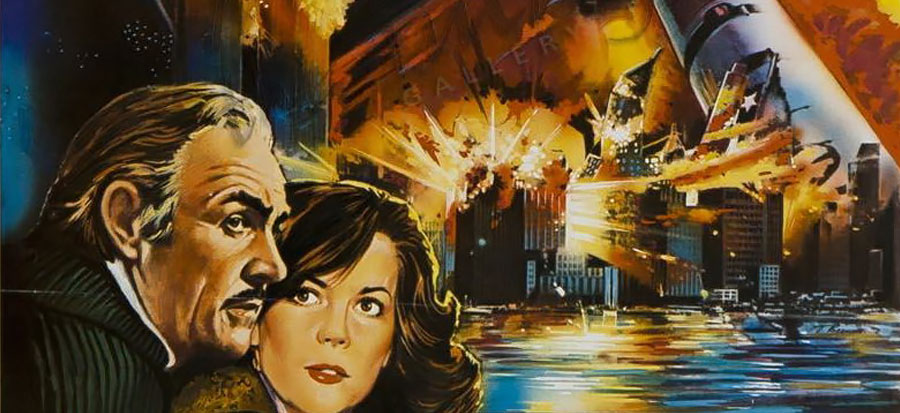
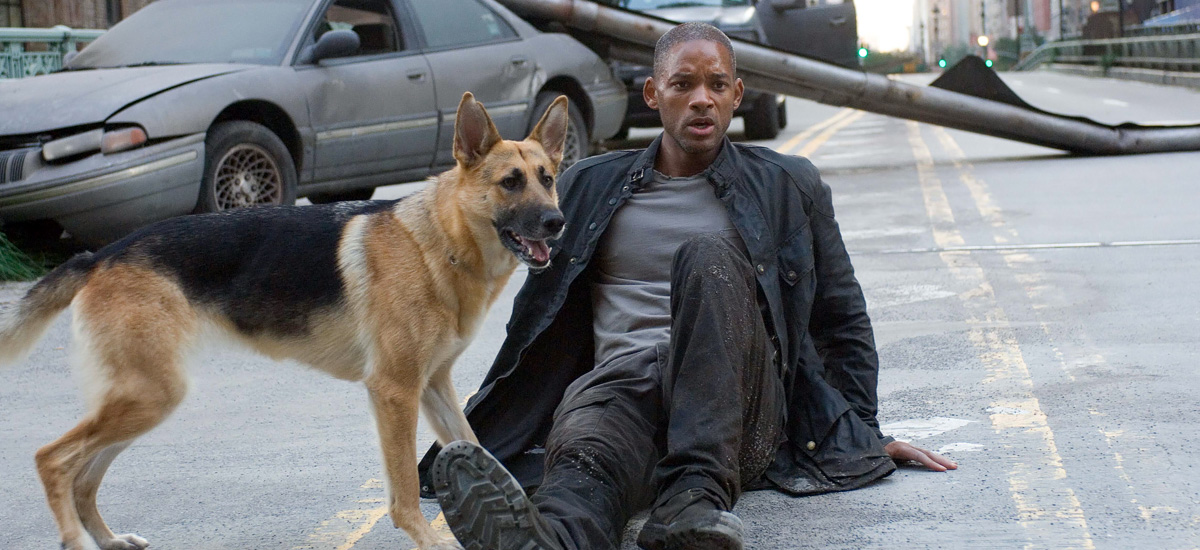
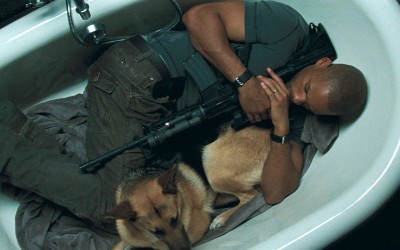
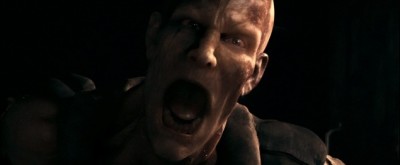
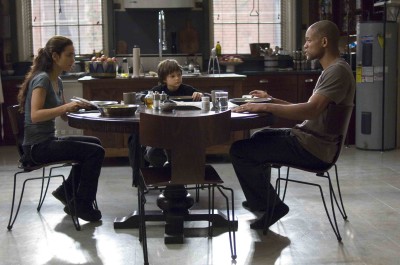
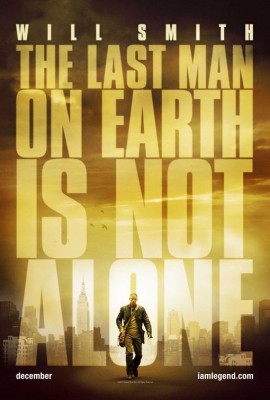 And in this moment is where Legend comes to its own as a film. The original version ends with a lot of screaming and “ka-booms!” with Neville sacrificing himself to save humanity. The alternate version has Neville coming to the realization that no matter what he wishes, there is a new world order which can’t be changed no matter how many hand grenades he has.
And in this moment is where Legend comes to its own as a film. The original version ends with a lot of screaming and “ka-booms!” with Neville sacrificing himself to save humanity. The alternate version has Neville coming to the realization that no matter what he wishes, there is a new world order which can’t be changed no matter how many hand grenades he has.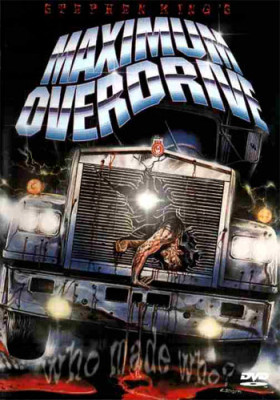
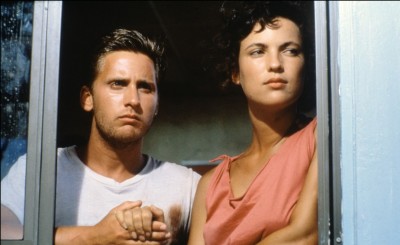
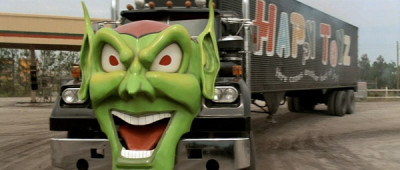
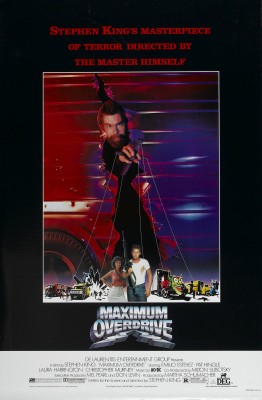
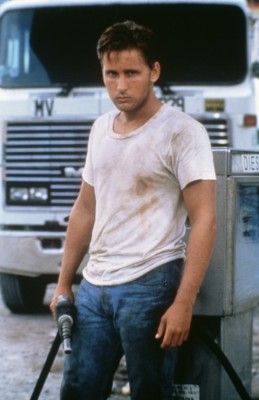
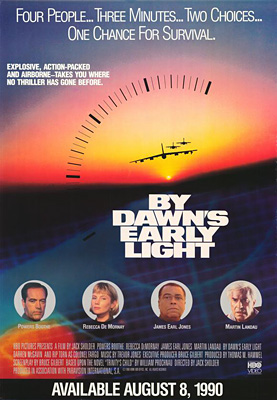 Fear of a global thermonuclear war was very real in the 1980s. At the height of the cold war the Soviet Union had tens of thousands of nuclear weapons aimed at the US and NATO countries and we had just as many aimed at Russia and Warsaw Pact countries too. What people feared was that some minor conflict between the US and the USSR would spiral out of control and we’d fire our missiles at them and they at us which would essentially send what was left of mankind back to the stone age. Movies like The Day After (1983), Threads (1984) and Testament (1983) explored life post nuke war and the picture they painted weren’t nice ones.
Fear of a global thermonuclear war was very real in the 1980s. At the height of the cold war the Soviet Union had tens of thousands of nuclear weapons aimed at the US and NATO countries and we had just as many aimed at Russia and Warsaw Pact countries too. What people feared was that some minor conflict between the US and the USSR would spiral out of control and we’d fire our missiles at them and they at us which would essentially send what was left of mankind back to the stone age. Movies like The Day After (1983), Threads (1984) and Testament (1983) explored life post nuke war and the picture they painted weren’t nice ones.